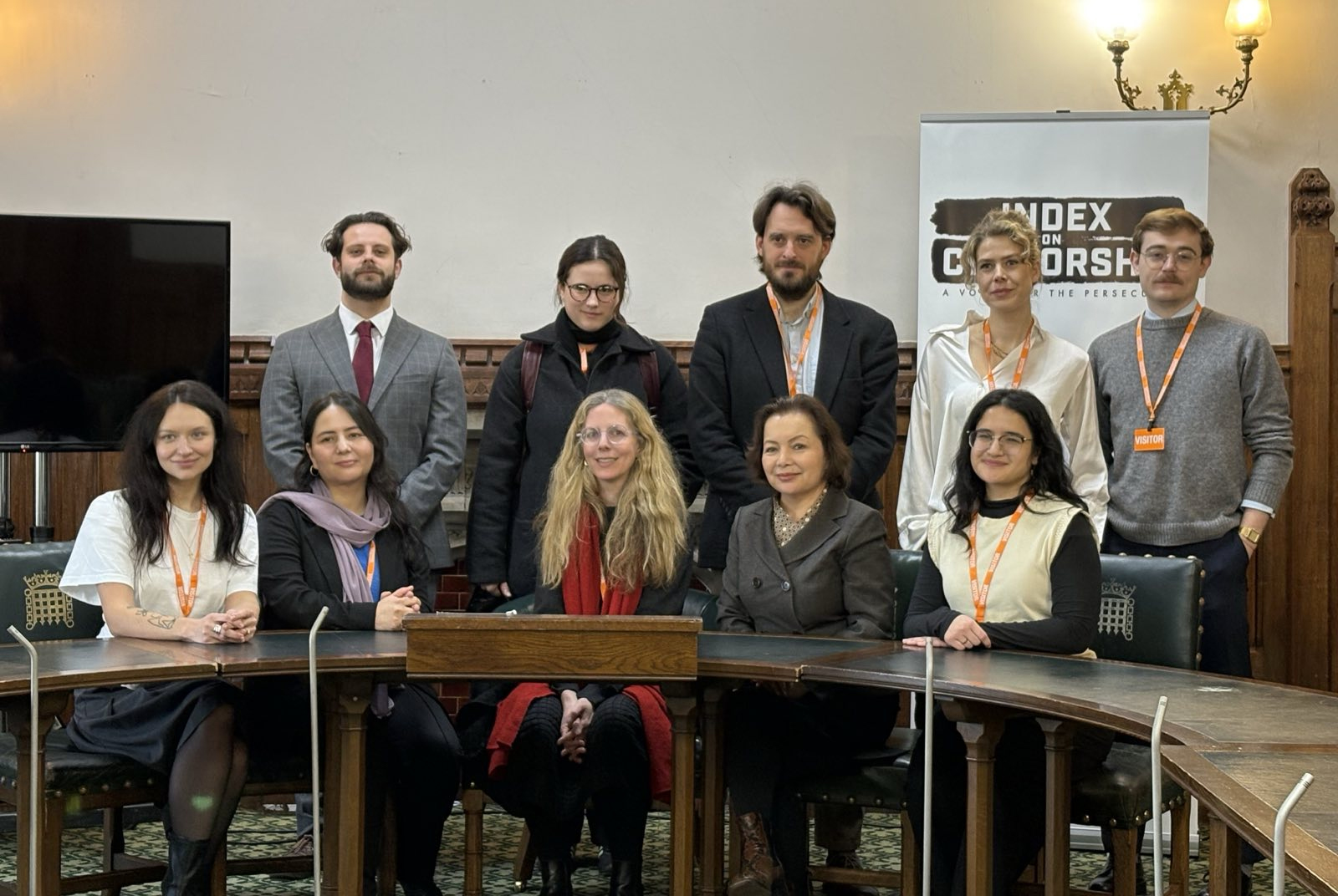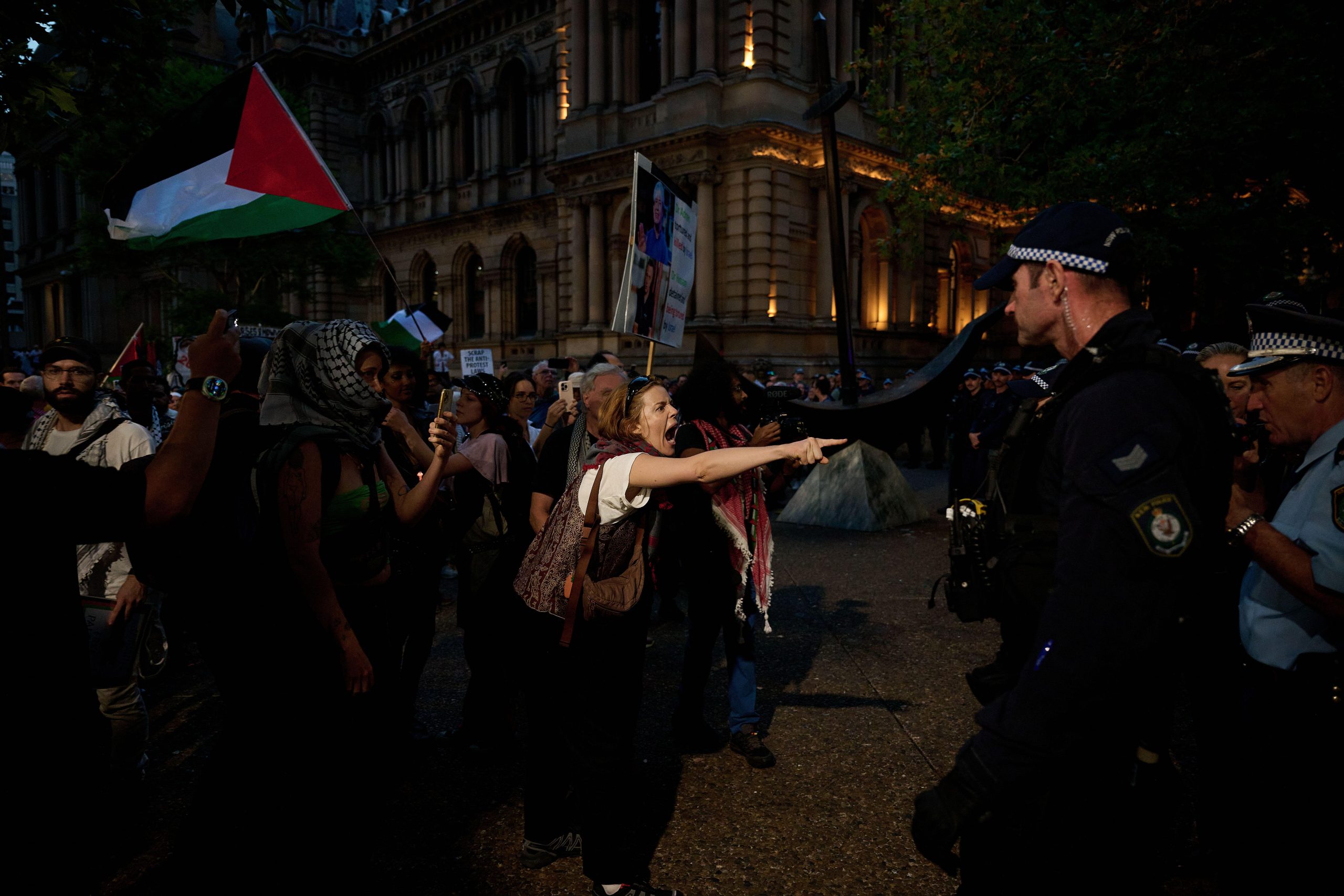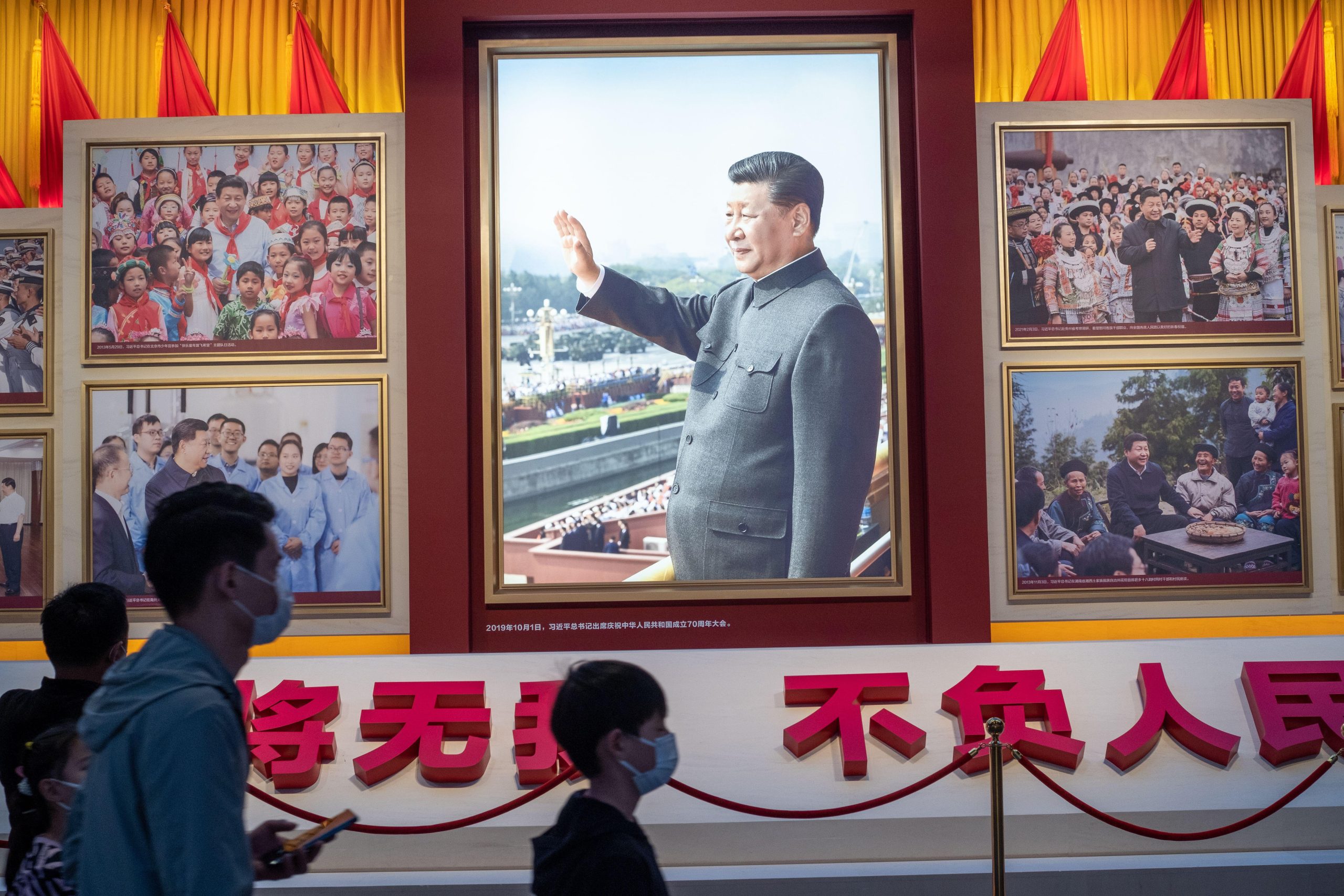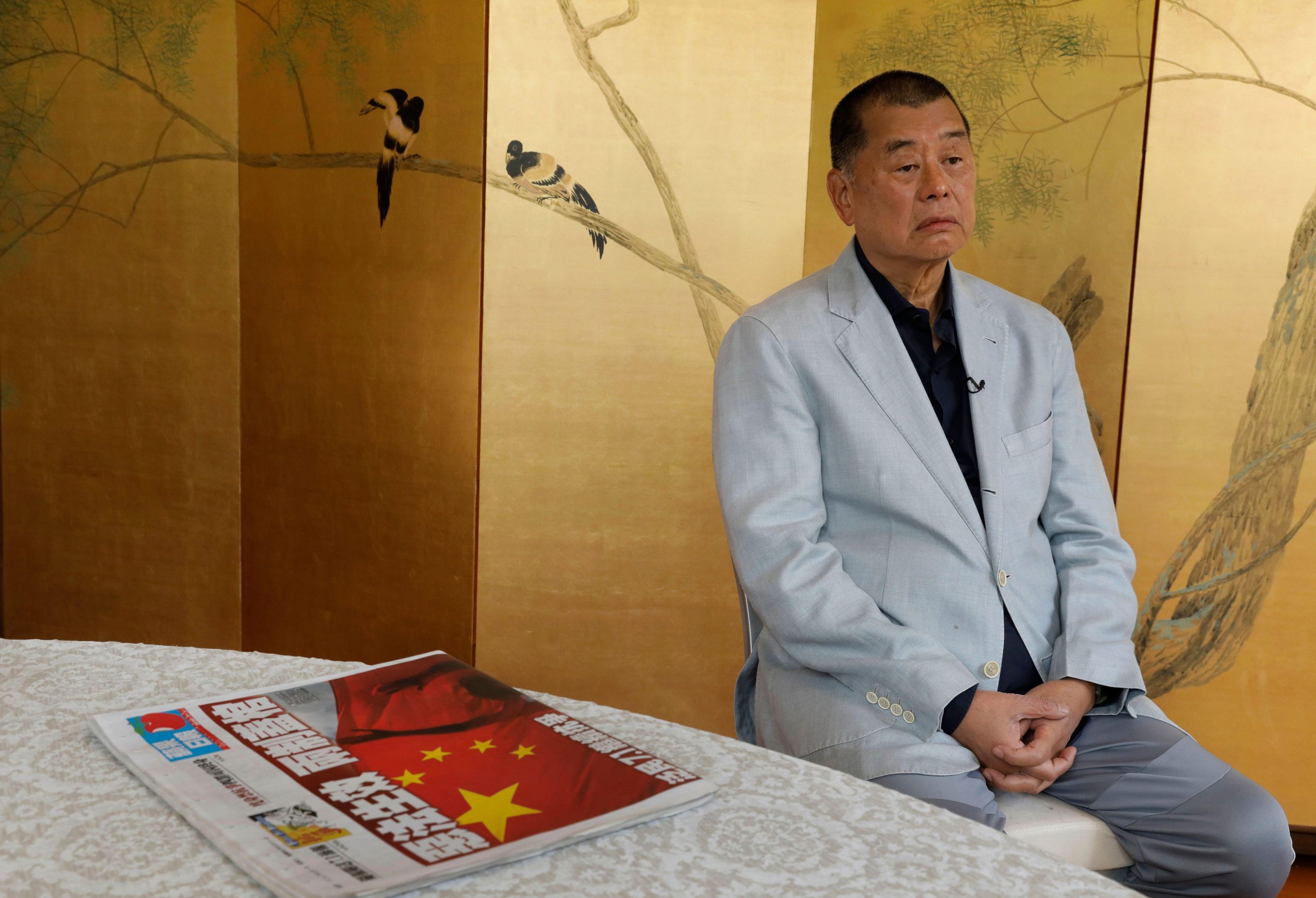 This article was originally published in the Guardian
This article was originally published in the Guardian
An MPs’ report delivers a boost to libel reformers, a severe rebuke to the News of the World, and a final warning for the PCC says John Kampfner
It has become fashionable to give parliament a kicking. Once in a while, however, it is worth singing its praises. Today is such an occasion, with publication of a report that goes some way to defending the once-honourable and now imperilled profession of journalism.
When the culture, media and sport select committee began its work more than a year ago, many feared the worst. MPs gave every impression they subscribed to Tony Blair’s valedictory view that the media were “feral beasts” needing to be tamed. The title of their report Press Standards, Privacy and Libel did not bode well. The initial evidence they heard, particularly from Gerry McCann about the assault on his bereaved family’s reputation, reinforced that view.
Yet the more they probed and the more they heard from organisations defending free expression, the more the MPs began to understand the vital need to distinguish between investigative journalism, a noble cause, and prurient journalism, a less salutary one. Some aspects of the report are disappointing. One that relates to privacy is potentially alarming. On balance though this is an important step forward, giving cross-party support for fundamental change to England’s hideous libel laws.
The committee details the enormous costs faced by publications, particularly small ones, in defending themselves. The report criticises law firms for deliberately stringing out suits so they can ratchet up costs and force people into settling and apologising, even where they have nothing to apologise for. It stops short of reversing the burden of proof, but it does suggest reinforcing the defence in court for brave reporting and making it harder for companies to sue to protect their reputations. The committee’s chairman, the Conservative MP John Whittingdale, says he and his colleagues were eager “to correct the balance which has tipped too far in favour of the plaintiff”.
The MPs denounce the ease with which foreign-based oligarchs, sheikhs and their like have used avaricious legal firms and pliant judges to chill the free speech of NGOs, authors and others – so much so that US Congress has considered legislation to protect Americans from British courts. They criticise Jack Straw, the justice secretary, for not tackling the problem of “libel tourism”, and the damage to the country’s reputation, describing the measures taken by US legislators as “a humiliation”.
The findings are a devastating rebuff to the many voices in the judiciary who insist that the demands for libel reform are overblown. Both Labour and Conservatives held that view until recently. Over the past few months, since Index on Censorship launched its campaign for libel reform alongside English Pen and Sense About Science, the political parties have been forced to change tack as support gathered momentum. During this time we have lobbied in parliament, talked behind the scenes to the country’s top judges, and debated with legal firms furious that their lucrative income stream from rich and powerful litigants was being threatened. Several of our 10 recommendations have now been endorsed by the committee.
A Ministry of Justice working party established by Straw only a few weeks ago is set to report on specific changes. Straw says that in the few weeks left before the general election he wants to implement reforms that do not require primary legislation. He will be held to that pledge. Meanwhile, the Lib Dem peer, Lord Lester, will table a private member’s bill shortly after the election. His proposals are now more likely to be taken up by whichever party is in power.
The flip side to free expression in any healthy democracy is robust, but responsible, journalism. The MPs reserve their most damning passages for the News of the World and others involved in illegal phone hacking. The paper’s royal correspondent and a private investigator were jailed in January 2007, but the committee says many others played their part. For the Guardian, which has doggedly pursued this story, revealing last July that the NoW had paid more than £1m to suppress legal actions, the findings are a vindication.
The MPs say they were “struck by the collective amnesia afflicting witnesses” from the NoW. These “claims of ignorance … and deliberate obfuscation” reinforced the impression “that the press generally regard themselves as unaccountable and that News International in particular has sought to conceal the truth about what really occurred,” the report concludes.
The committee condemns the police, the Information Commissioner’s office and the Press Complaints Commission, for the weakness of their responses. The Labour MP, Paul Farrelly, a campaigner for investigative journalism, says his fellow members toyed with the idea of accusing the police of contempt of parliament in its lack of openness. Farrelly derided the PCC’s suggestion it had not investigated the McCann affair because it had not been asked to by the family.
For the much-lampooned PCC this is the last opportunity to show that self-regulation can work and that free expression means more than editors defending their own and moguls doing as they please. In one area, the committee has got it dangerously wrong. Its proposal, albeit fudged, for prenotification of stories is designed to protect the privacy of individuals where no public interest is at stake. Yet this is likely to chill the investigative work of NGOs and others who will find themselves at the mercy of the injunction – the tool of choice of individuals and corporations with something to hide. This is a serious step back and will reinforce the determination of Max Mosley, who is taking his campaign for prior-notification to the European court of human rights. This ruling, if enacted, would put the UK on a par with a number of semi-authoritarian states of the former Soviet Union.
On the various thorny issues surrounding privacy, the MPs have not been sure-footed. The committee does call for a modernisation of procedures to reinforce the rights of parliament, after the Trafigura debacle last year. However, it disappointingly says little about the rise in super-injunctions – the most draconian of all measures which prevent anyone even mentioning that an injunction has been secured.
Yet for all the concerns, perhaps the most heartening aspect of the report is a categorical affirmation of free expression, which over the past decade has come under threat as never before. It is too early to celebrate, and there is a huge amount of work still to do to render good intent into good legislation. But there are signs that Britain may be emerging from its big chill.
John Kampfner is chief executive of Index on Censorship





